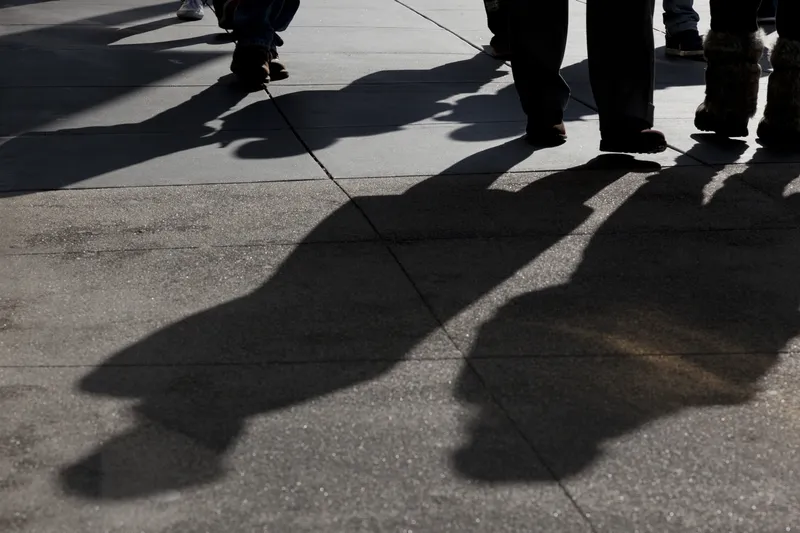Nexus has installed a computerised signalling control system at the Tyne and Wear Metro control in Newcastle, UK. The £12m project is intended to make train operations more efficient.
Nexus is a UK public body which owns and manages Metro. The rapid transit and light rail system serves Newcastle upon Tyne, South Tyneside, North Tyneside and Sunderland in the Tyne and Wear region. Derby-based technology company Resonate will supply the system. Staff remained on site during the upgrade to oversee the change
October 12, 2018
Read time: 1 min
Nexus is a UK public body which owns and manages Metro. The rapid transit and light rail system serves Newcastle upon Tyne, South Tyneside, North Tyneside and Sunderland in the Tyne and Wear region.
Derby-based technology company Resonate will supply the system. Staff remained on site during the upgrade to oversee the changes which led to some planned disruptions to services.









